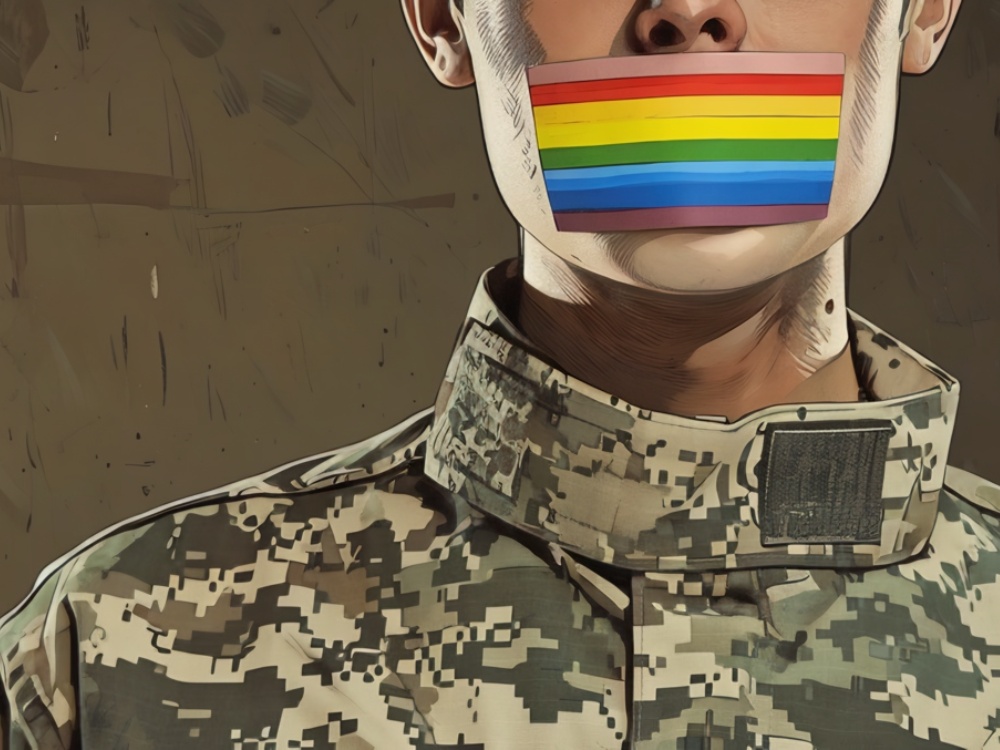The U.S. Supreme Court has issued an emergency stay permitting the Trump administration to block transgender and non-binary people from using the correct gender markers on their U.S. passports, while a lawsuit over the policy plays out in court.
In a 6–3 decision, the Court’s conservative majority reversed a lower court’s injunction that had temporarily blocked the policy. All three Democratic-appointed justices dissented.
This procedural ruling marks another win for Donald Trump on the Court’s emergency docket and means the administration can enforce its restrictive directive while the legal battle continues.
What the Stay Means
The ruling enables the government to deny trans and non-binary people access to accurate gender markers (M/F/X) on their official travel documents—reverting to a policy based on so-called “biological sex”.
The directive was initially signed by Trump in early 2025, alongside a wave of anti-LGBTQ+ and anti-immigration executive orders. In April, a federal judge blocked the policy and ordered the State Department to allow affected plaintiffs to choose gender markers aligned with their identity. That injunction was later expanded in June.
Now, the Supreme Court’s emergency stay suspends that protection.
“Pointless but painful perversion”
Justice Ketanji Brown Jackson, in a scathing dissent, condemned the ruling:
“Such senseless sidestepping of the obvious equitable outcome has become an unfortunate pattern. So, too, has my own refusal to look the other way when basic principles are selectively discarded.”
“This Court has once again paved the way for the immediate infliction of injury without adequate (or, really, any) justification.”
Impact on Trans and Non-Binary Americans
Before the Trump directive, trans and non-binary individuals could legally update their gender markers—including choosing ‘X’—on passports to reflect their identity.
Since the policy shift, several people have reported receiving documents with incorrect gender markers, including actress Hunter Schafer, who revealed that her passport, issued in February, listed her as male despite her request for an accurate marker.
LGBTQ+ Advocates Respond
Pam Bondi, U.S. Attorney General under Trump, celebrated the decision on social media, writing:
“In other words: there are two sexes. Our attorneys will continue fighting for that simple truth.”
LGBTQ+ legal and rights organisations strongly condemned the Court’s decision.
“It serves one purpose: discrimination,” said Cathryn Oakley, legal director at the Human Rights Campaign.
“It exists to out our transgender friends and loved ones, to make their lives more difficult, to demean and embarrass them at the border, in the airport, and throughout their daily lives.”
Sean Ebony Coleman, CEO of Destination Tomorrow, called the ruling:
“Blatantly unconstitutional… deeply demoralising… and a reminder that civil rights for transgender and gender non-conforming Americans are still not considered ‘mainstream’ by far too many judges, politicians, and policymakers.”
Same-Sex Marriage Protections Also Under Threat
The Supreme Court is also poised to decide whether to hear a case that could undermine protections for same-sex marriage.
On 7 November, the justices will consider taking up the case of Kim Davis, the former Kentucky county clerk who refused to issue marriage licenses to same-sex couples based on her religious beliefs.
If the Court agrees to review the case, it could pose a significant challenge to Obergefell v. Hodges, the 2015 ruling that granted marriage equality as a federal constitutional right.
What’s Next?
While the emergency stay does not reflect a final ruling on the passport policy, it does allow the Trump administration to enforce it immediately—raising alarms among civil rights advocates about what’s next for trans and queer rights in the United States.

































